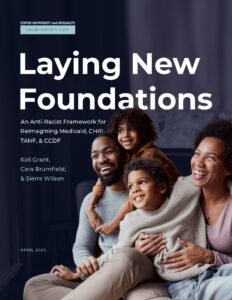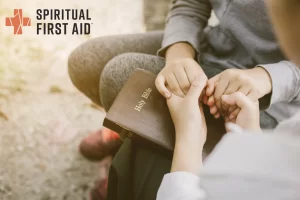A viral video of two teens fighting at a New Jersey mall – and the stark difference in how responding police officers treated the pair – is prompting harsh criticism from politicians and activists who say it is fresh evidence of Garden State law enforcement’s inequitable treatment of Black people.
It is also jump-starting new discussion around racial profiling and how to get police to break the habit.
The footage recorded February 12th shows two teens – one a 14-year-old Black male and the other a 15-year-old initially described as a white male – arguing at Bridgewater Commons Mall. Their heated exchange quickly turns to punches and then wrestling to the ground. Two white police officers quickly intervene, but they only handcuff the Black teen.
The controversy has prompted two investigations, along with a Friday letter from New Jersey Acting Attorney General Matthew Platkin reminding police agencies of a state directive barring “racially-influenced policing.” The video has sparked calls for the firing of the two police officers, including at a Saturday protest outside Bridgewater Township police headquarters.
The incident follows a sordid history in New Jersey on the use of force anddisproportionate policing of Black people. A federal monitor was imposed on the New Jersey State Police in 1999 after decades of racial profiling. Black people in New Jersey are incarcerated at a rate 12 times that of white people, NJ.comreported in October, citing updated findings by the prison-reform advocacy group The Sentencing Project. And while the state has taken steps to reduce its prison population, the racial disparity in New Jersey’s prisons is the worst in the nation, according to the group’s 2021 report.
“This is something African Americans in New Jersey experience too often,” NAACP New Jersey State Conference President Richard Smith said.




